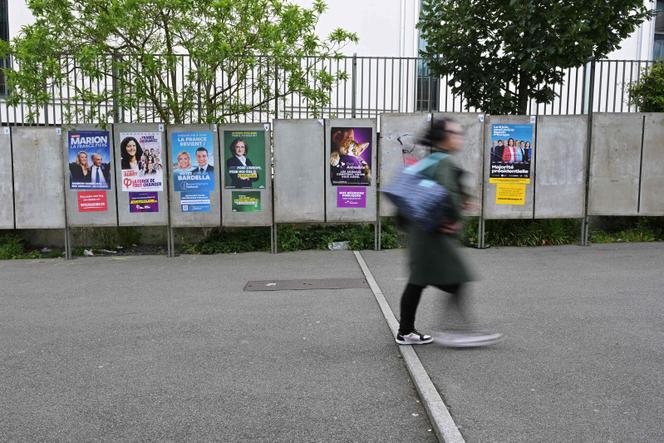


Loïg Chesnais-Girard, the left-wing independent president of the Brittany regional council, said he was "stunned" on Sunday evening, June 9 at the results of the European elections. The far-right Rassemblement National (RN) secured a significant victory across the region, with 25.59 % of the vote. The outcome was unprecedented in a land known for being the most resistant in France to far-right ideas. "Brittany is not impervious to the fears or democratic fatigue at work in the country. Many of our fellow citizens have taken advantage of this seemingly distant election to express their displeasure with less restraint than in a local election," said Chesnais-Girard. He pointed out that the RN's score in Brittany was still six points below the national average.
Nonetheless, the result was significant. Gilles Pennelle, who was elected as a member of the European Parliament for the far-right party, described it as an "earthquake." In 2013, he took over the RN's regional federation in Brittany, which nobody wanted. Despite his prior association with the racialist far right, the former history teacher has succeeded in bringing the RN's ideas to life locally.
Voters who were once stigmatized for voting for the nationalist party now openly admit to it when leaving polling stations. Last Sunday, in the small rural town of Uzel, which has a population of around 1,000, José and Suzanne Diaz, retirees from the Paris region, encouraged people to consider voting for RN lead candidate Jordan Bardella to protest against inflation. Maurice and Armelle Le Flohic, former employees in the agri-food industry, said they agreed. They expressed their desire to put an end to the state's "lack of authority," young people "who don't want to work," and immigration, which they are not confronted with, but which they fear.
In this rural area of Brittany, shopkeepers, business managers, students and farm workers are feeling neglected as public services and shops continue to close down. The government's response to the agricultural crisis at the beginning of the year is deemed insufficient. In Uzel, as in many surrounding rural areas, there is little talk of Europe, but many are hoping for a "thrashing" of Emmanuel Macron, the symbol of a despised political class. The RN vote no longer resounds as a warning but as the expression of "a deep desire for change."
In 2019, Bardella's list garnered 17.31% of the vote, mainly in rural Brittany. In the 2022 presidential election, Marine Le Pen gained further ground with 19.53% of voters. The far right is now gaining ground even in suburban areas with good public transport links and public facilities. Only medium-sized towns are resisting the RN wave.
You have 40.53% of this article left to read. The rest is for subscribers only.
